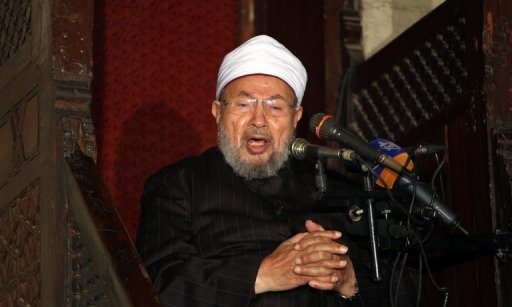AFULA, Israel: I want to share a story with you. I do this to show you certain realities of our everyday lives in Israel that you would otherwise not be aware of. I also do this so that you will not lose hope – even in the face of atrocities, existential dangers and blatant evil behavior. One step at a time is how we will get from here to there.
Israel is not the easiest places to live and maintain one s optimism. Fortunately, I represent an institution that re-energizes me every day and allows me the privilege to observe, at eye-level, people making an effort to get along with one another – despite the maelstrom of hate swirling around us.
Political hatred between Jews and Arabs runs very deep and ultimate reconciliation will need to come from an equally deep place from within us all. To reach that place is a painstakingly slow process that requires awareness and the willingness to focus on something positive. There are negative, evil forces continually grabbing at the ankles of anyone trying to move ahead in a conciliatory manner. Without forward momentum, we will be doomed to repeat history s most deadly errors and remain stuck where we are.
I just met two young women who fit within the complex, incomplete jigsaw puzzle that is Israel. They are Suha Rahmoun, a 19-year-old Christian Arab from upper Nazareth and Rozan Haja, a 19-year-old Muslim from lower Nazareth. They both have chosen to perform national service as volunteers within our hospital.
National service is offered to those young citizens who do not serve in the Israel Defence Forces for one reason or another. Completion of one or two years of service is rewarded by proportionate monetary grants like those offered to soldiers who complete their military service. Participants also earn a modest salary during their work period.
The two young women came to us via Shlomit, Israel s largest national service organization serving the Muslim, Christian, Bedouin, Druze and Jewish populations that assists 2,500 young people annually to serve and benefit from national service. The majority of young Arabs choose not to become part of this network, due to complex social, religious, nationalistic or other reasons, thus limiting their inclusion into mainstream Israel. That is why I am sharing the story of Suha and Rozan with you.
They learned about national service from their family and friends and, to the dismay of their peers, decided to join. Initially the girls were challenged by their circle of friends as to why they joined, but their determination to continue won the day.
Rozan explained, Some of my friends stayed away from me, while others remained close. I believe in what I m doing and it gives me more hope for the future.
Suha recalled how she was challenged by an Arab bank teller as to why she was serving and only earning a sixth of what she could earn in other jobs; I answered him that I am helping people and that makes me feel good about myself. My parents support me and that is what is important.
Suha is working in the adult Oncology Department as a secretary and has much contact with patients, both Jews and Arabs. It hurts her to see young and old suffering and that has made a deep impression on understanding her own mortality. The positive feedback she receives from patients and staff has proven the correctness of her decision to serve.
Rozan, whose mother is a nurse, is working in the EMC Genetics Institute. She wants to study medicine and her experiences here as a secretary and translator during medical consultations have provided a firm foundation upon which she plans to build.
She claims that patients (Jews and Arabs) are encouraged to see a young Muslim woman working with Jews and this has given her renewed hope for the future. Despite the early social pressure that Rozan experienced, she says, If you believe in what you are doing, then others will accept it and move on.
Will young Suha and Rozan working with the Jews in EMC change the geo-political face of the Middle East? Of course not. Will it change anything? It has for me and others. Together, we ve taken another few steps. These young women have discovered that place deep within themselves that holds the secret to living in Israel with mutual respect and dignity.
The point being … it is possible.
Larry Richis the Director of Development & International Public Relations at the Emek Medical Centre, and the author of Voices From Armageddon. This article is distributed by the Common Ground News Service (CGNews) and can be accessed at www.commongroundnews.org.

